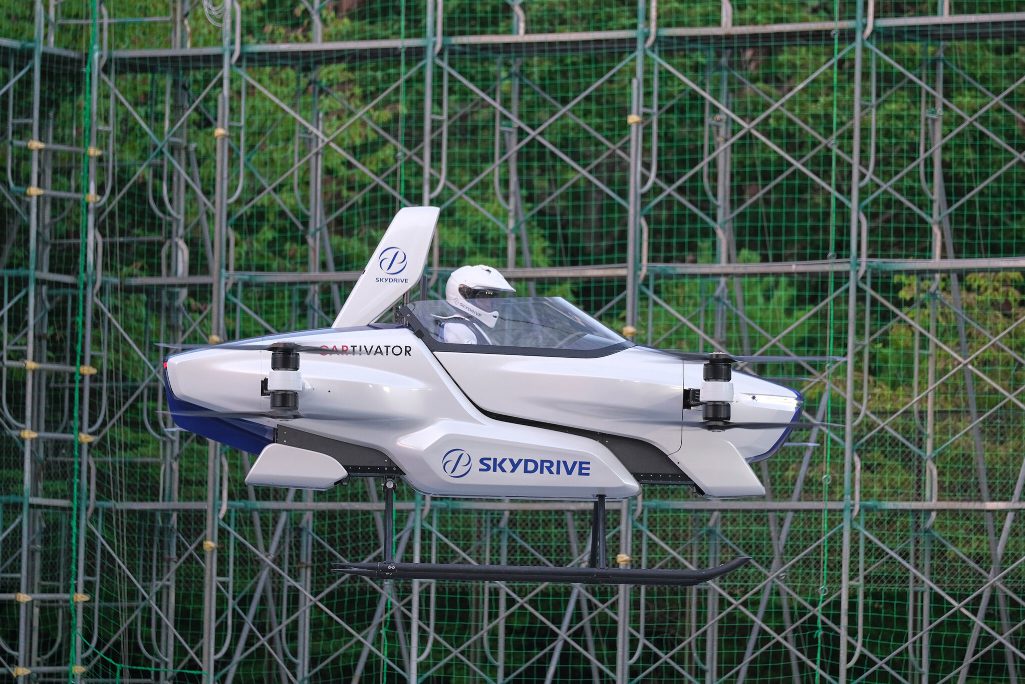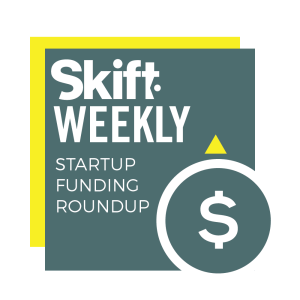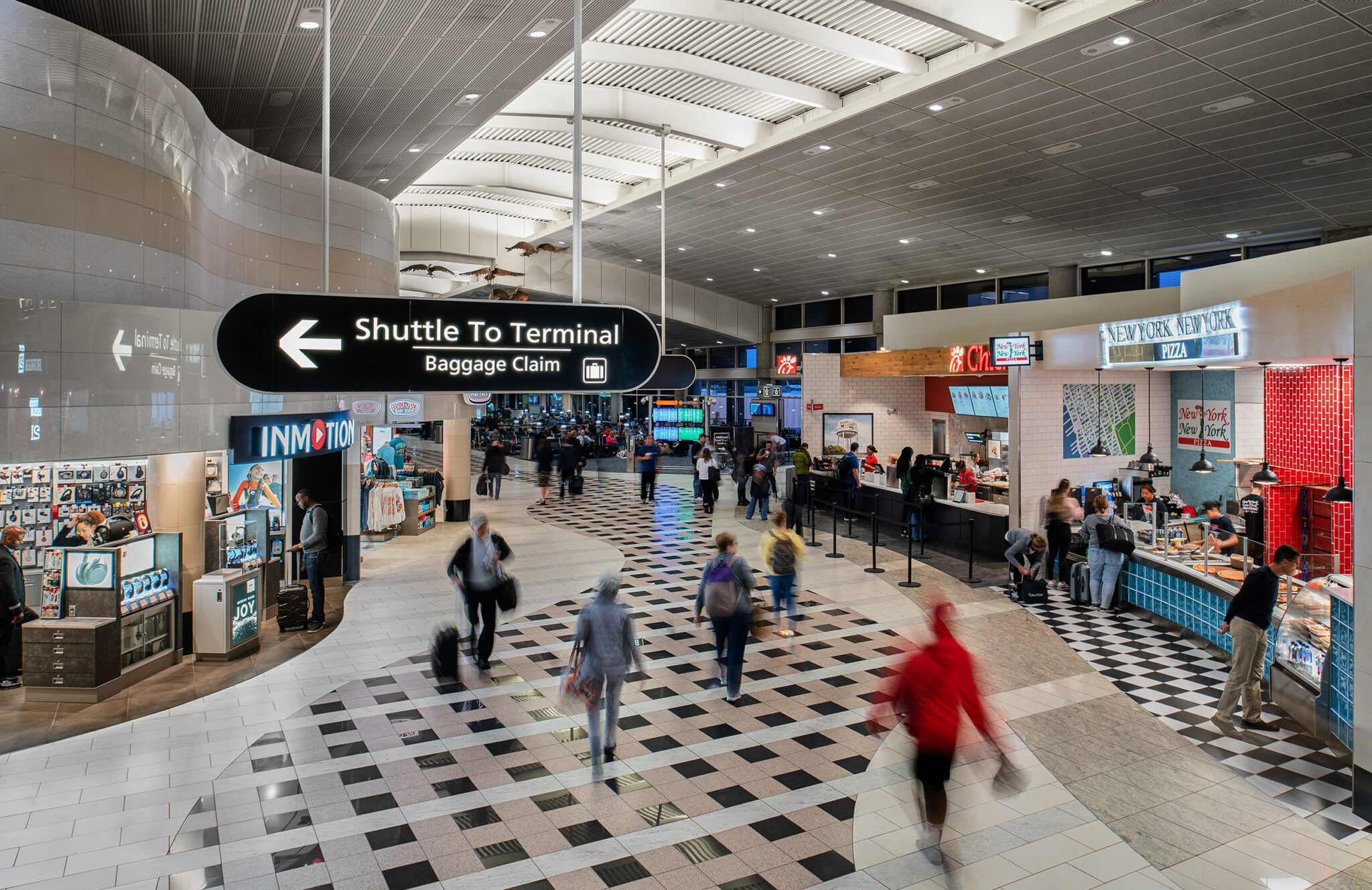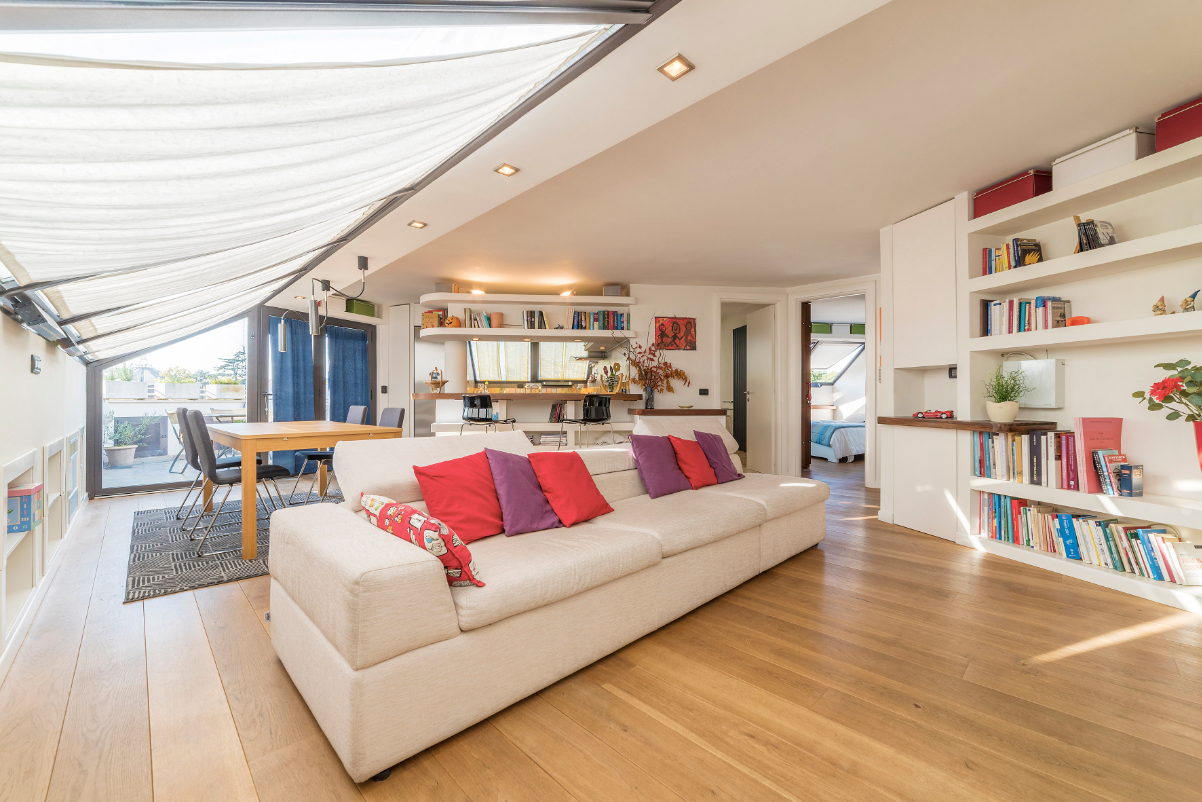SkyDrive Raises $37 Million for Flying Cars: Travel Startup Funding This Week

Skift Take

Travel Startup Funding This Week
Each week we round up travel startups that have recently received or announced funding. Please email Travel Tech Reporter Justin Dawes at jd@skift.com if you have funding news.This week, travel startups announced more than $46 million in funding.
>>SkyDrive, which is trying to build flying cars, has raised about $37 million (3.9 billion yen) in a Series B funding round.
Development Bank of Japan and Itochu Corporation participated. So did Strive, Obayashi Corporation, NEC Corporation, Eneos Innovation Partners, Itochu Technology Ventures, and others.
The company hopes to achieve mass production by 2026. Other companies are working on similar technologies. Lilium, a startup building an air taxi service, raised $240 million in funding earlier this year.
In late August, SkyDrive said it had done a piloted flight test of a manned electrical vertical takeoff and landing (eVTOL) vehicle. The one-seater, electric aircraft flew for four minutes, the company said.
Here's a video of SkyDrive's test:
>>Easy Aerial, a drone services company, has raised $6.15 million in Series A funding from private investors.
The Brooklyn-based company said that airports, high-end resorts, and other companies can use its unmanned aerial vehicles that can help monitor perimeters, borders, and live events.
>>SpaceOS, which helps manage offices, has raised about $3 million (€2.5 million) in fresh funding.
Immofinanz led the round. The startup has raised a total of about $3.8 million (about €3.7 million).
If remote working lasts as a concept, SpaceOS helps to benefit because its tools aim to help any owner of real estate turn their space into a flexible and attractive on-demand workspace offering. The company helps space-as-a-service operators, such as Factory, Rooms, and Unicorn, and traditional commercial real estate companies manage their spaces.
>>Globaleur, an app for personalized and automated travel planning and booking, has received a grant of $12,500 from South Korea's National IT Industry Promotion Agency, adding to the $781,000 in funding it has raised from angel investors.
Founded in 2017, the Santa Clara-based startup helps people plan trips and offers its tools as a private-label service.
>>Accomango, a startup building a cloud-based marketplace between companies and travel agencies on the one side and accommodation providers for workers on the other, raised $410,000 from Enern Investments.
The Prague-based company, founded this year by CEO Patrick Havlíček, focuses on lodging booking management for industrial, construction, and automotive companies, and it provides hostel and apartment management software to participating accommodation providers.
Skift Cheat Sheet:
We define a startup as a company formed to test and build a repeatable and scalable business model. Few companies meet that definition. The rare ones that do often attract venture capital. Their funding rounds come in waves.
Seed capital is money used to start a business, often led by angel investors and friends or family.
Series A financing is typically drawn from venture capitalists. The round aims to help a startup's founders make sure that their product is something that customers truly want to buy.
Series B financing is mainly about venture capitalist firms helping a company grow faster. These fundraising rounds can assist in recruiting skilled workers and developing cost-effective marketing.
Series C financing is ordinarily about helping a company expand, such as through acquisitions. In addition to VCs, hedge funds, investment banks, and private equity firms often participate.
Series D, E and beyond These mainly mature businesses and the funding round may help a company prepare to go public or be acquired. A variety of types of private investors might participate.





